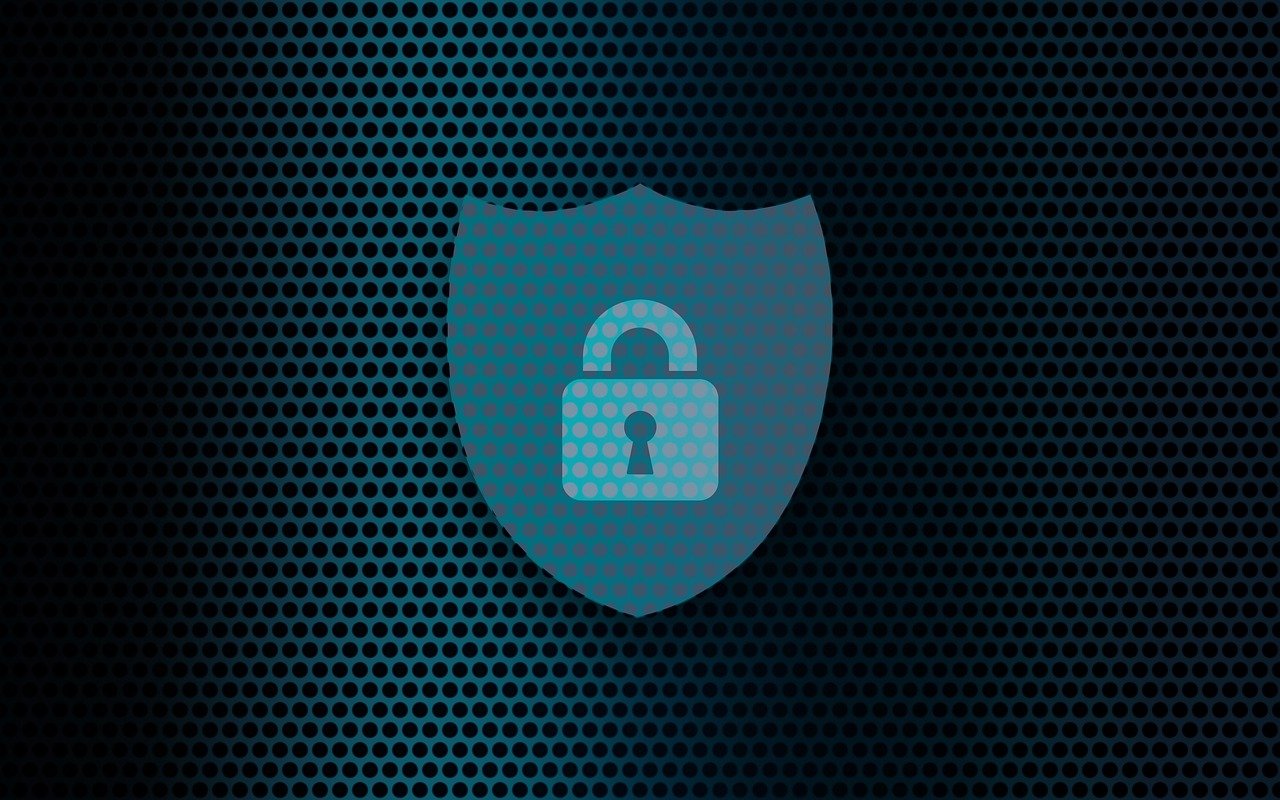Be Careful When Scanning QR Codes - There's a New Scam Going Around!
QR codes are everywhere these days. You can find them on restaurant menus, flyers, and posters. They’re used both offline and online. QR codes are...
In our interconnected world, the software that powers your business is no exception. This applies whether your software is hosted locally or in the cloud.
Safeguarding the entire lifecycle of your software—from development tools to update delivery—is critical. Every phase is significant, and a single vulnerability or breach in any part of this chain can lead to dire consequences.
A recent example is the global IT outage that happened last July. This outage brought down airlines, banks, and many other businesses. The culprit for the outage was an update gone wrong. This update came from a software supplier called CrowdStrike. It turns out that the company was a link in a LOT of software supply chains.
What can you do to avoid a similar supply chain-related issue? Let’s talk about why securing your software supply chain is absolutely essential.
Modern software relies on several components. These include open-source libraries, third-party APIs, and cloud services. Each component introduces potential vulnerabilities. Ensuring the security of each part is essential to maintaining system integrity.
Continuous integration and deployment (CI/CD) practices are now common. These practices involve frequent updates and integrations of software. While this speeds up development, it also increases the risk of introducing vulnerabilities. Securing the CI/CD pipeline is crucial to prevent the introduction of malicious code.
Cybercriminals are now focusing their efforts on the software supply chain, targeting trusted software to breach extensive networks. This strategy proves to be more successful than attempting direct assaults on well-protected systems.
Attackers use sophisticated techniques to exploit supply chain vulnerabilities. These include advanced malware, zero-day exploits, and social engineering. The complexity of these attacks makes them difficult to detect and mitigate. A robust security posture is necessary to defend against these threats.
A successful attack can result in significant financial and reputational damage. Companies may face regulatory fines, legal costs, and loss of customer trust. Recovering from a breach can be a lengthy and expensive process. Proactively securing the supply chain helps avoid these costly consequences.
Various industries have strict compliance standards for software security. These include regulations like GDPR, HIPAA, and the Cybersecurity Maturity Model Certification (CMMC).
Non-compliance can result in severe penalties. Ensuring supply chain security helps meet these regulatory requirements.
Regulations frequently mandate comprehensive vendor risk management. It's imperative for companies to guarantee that their suppliers align with top-tier security protocols. This necessitates regular evaluation and oversight of vendor security practices. A fortified supply chain demands confirming that every partner adheres to stringent compliance criteria.
Regulations emphasize data protection and privacy. Securing the supply chain helps protect sensitive data from unauthorized access. This is especially important for industries like finance and healthcare. In these industries, data breaches can have serious consequences.
A secure supply chain helps prevent disruptions in business operations. Cyber-attacks can lead to downtime, impacting productivity and revenue. Ensuring the integrity of the supply chain minimizes the risk of operational disruptions.
Customers and partners expect secure and reliable software. A breach can erode trust and damage business relationships. By securing the supply chain, companies can maintain the trust of their stakeholders.
Use strong authentication methods for all components of the supply chain. This includes multi-factor authentication (MFA) and secure access controls. Ensure that only authorized personnel can access critical systems and data.
Keep all software components up to date, but don’t do all systems at once. Apply patches and updates to a few systems first. If those systems aren’t negatively affected, then roll out the update more widely.
Perform regular security audits of the supply chain. This involves assessing the security measures of all vendors and partners. Identify and address any weaknesses or gaps in security practices. Audits help ensure ongoing compliance with security standards.
Adopt secure development practices to reduce vulnerabilities. This includes code reviews, static analysis, and penetration testing. Ensure that security is integrated into the development lifecycle from the start.
Install continuous monitoring for threats and anomalies. Use tools like intrusion detection systems (IDS). As well as security information and event management (SIEM) systems. Monitoring helps detect and respond to potential threats in real-time.
Educate and train staff on supply chain security. This includes developers, IT personnel, and management. Awareness and training help ensure that everyone understands their role in maintaining security.
Fortifying your software supply chain is an imperative, not a luxury. A single breach or outage can trigger catastrophic financial and operational fallout. Prioritizing supply chain security is essential to safeguarding the longevity and stability of any enterprise.
Need some help managing technology vendors or securing your digital supply chain? Reach out today and let’s chat.
Newport Solutions has been helping small businesses in Orange County, CA for almost 20 years. Our dedicated team provides comprehensive IT services, ensuring your business operates smoothly and efficiently. From IT support to cybersecurity, we've got you covered. Discover how we can become your business's IT department today.
We proudly serve the following areas: Newport Beach, Irvine, Costa Mesa, and the greater Orange County region.

QR codes are everywhere these days. You can find them on restaurant menus, flyers, and posters. They’re used both offline and online. QR codes are...

Smart home devices are becoming more popular and convenient. But they also pose some serious security risks. Hackers can target these devices to...

Cybersecurity Awareness Month: Strengthening Your Team's Defense with Essential Cyber Hygiene